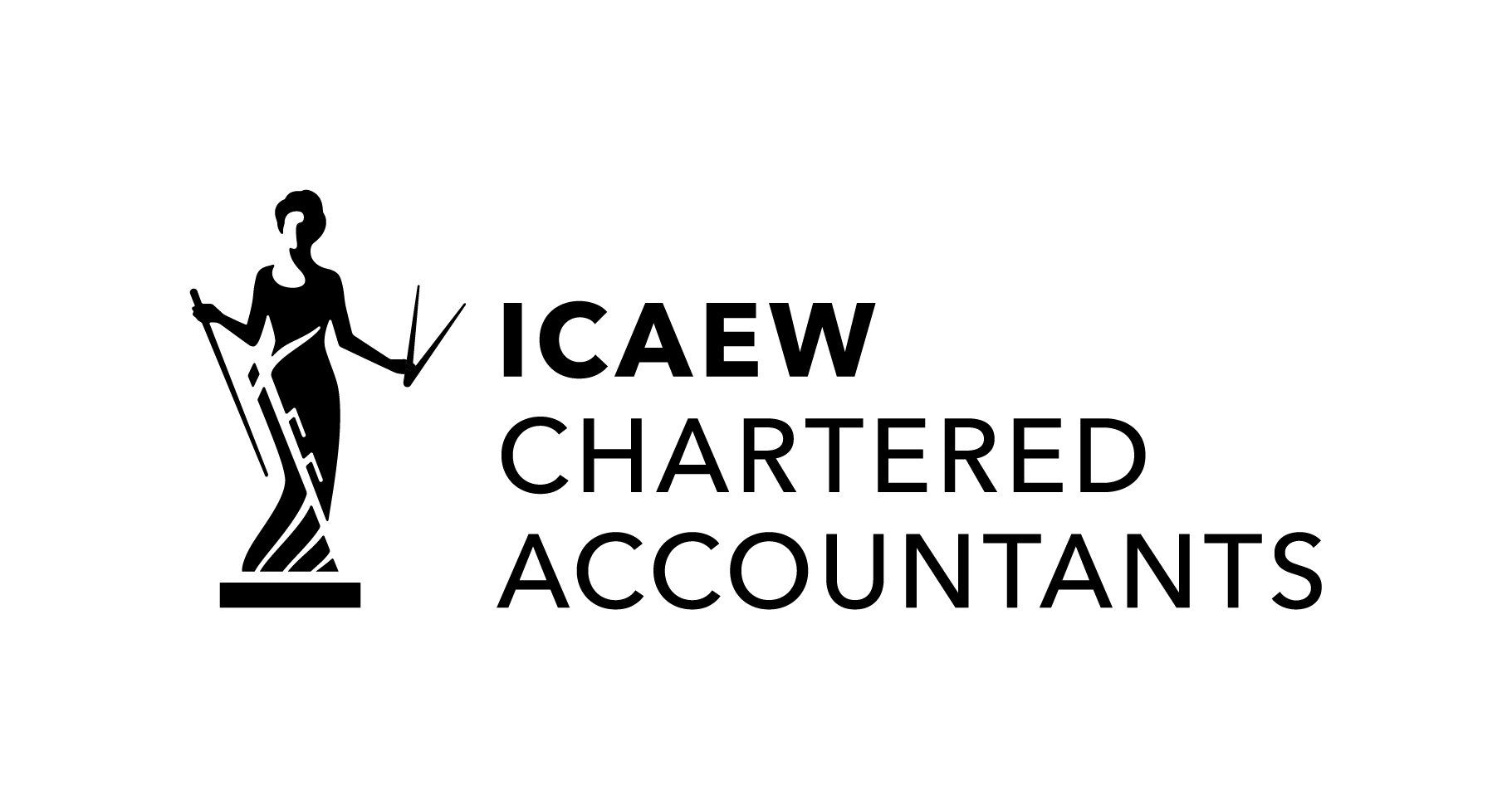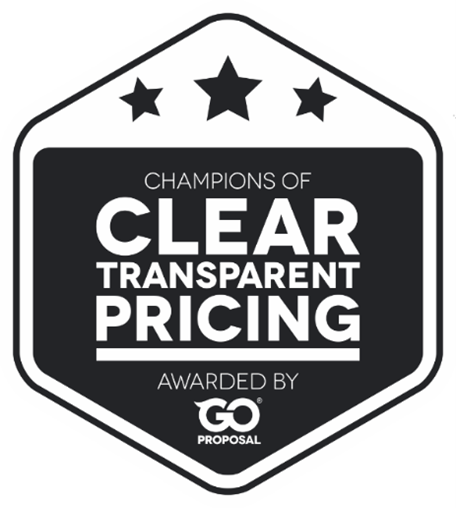Blog
Are negative headlines in the media getting you down?
Looking for the positives in today's media headlines
So many headlines are negative at the moment. “UK Economic Growth Slows”, or “Cost of Living Rockets” or “Inflation at highest rate for 30 years”. All very depressing.
Obviously, much of this stuff is well beyond our control and even beyond the control of the UK Government despite the media claiming that they should do more. These are worldwide effects and not just impacting on us in the UK.
The nice thing about acting for small business owners is that they already know that no one is going to help them. If they want financial security, they have to create it themselves. They seldom waste time complaining about how hard life is, they just get on with it. However, a bit of education and a few tips will hopefully prove beneficial.
Firstly let's get some definitions clear
An economist will say that the term inflation is used to describe a general rise in the prices we pay for goods and services over a given time period.
There are two measures of inflation used in the UK. The Consumer Price Index (CPI) and the Retail Price Index (RPI). The RPI includes housing costs while CPI does not. So, your own inflation will depend on whether you are spending your money on items within the “basket of goods” used by these inflation measures. It is unlikely that you are in fact “average” and that in reality prices are rising unevenly and inconsistently.
The same £1 coin in the future will buy you less as a result of the level of inflation. High inflation therefore encourages expenditure now because you believe you will be able to buy less in the future. It may also encourage the taking on of high borrowing as the value of the debt decreases more rapidly as the value of the asset purchased increases. This can lead to people believing that high inflation is a good thing. However, the Bank of England also know this and as inflation increases, they increase the bank base rate to discourage such borrowing.
Many people believe that inflation is good for businesses as their customers are more willing to accept price increases, but many small businesses absorb their own cost increases because they are scared to pass those onto their customers in fear of losing them to a bigger business which can demand lower prices from their suppliers. High inflation will cause employees to demand higher pay rises and if these are not forthcoming will then tend to consider moving elsewhere.
What can small businesses do to mitigate the risks posed by inflation
First of all prepare a detailed budget. You need to know what you are spending your money on before you can assess reductions or cheaper alternatives. Cost cutting is often done at the last minute as disaster is striking and simply looks at the largest costs in the Profit and Loss Account without considering what impact those changes will have on the longevity of the business. When we are helping clients consider cost cutting, we score the impacts on both their team members and on their customers.
Prepare a personal budget too. One of the easiest ways to beat inflation is to simply lower your own standard of living. It doesn’t impact on your team and doesn’t impact on your customers. Temporarily cut all unnecessary luxury items and go back to basics. Warren Buffett’s business partner and vice chairman of Berkshire Hathaway, Charlie Munger, said in 2004 how best to cope with high inflation: “One of the great defenses to being worried about inflation is not having a lot of silly needs in your life,” “In other words, if you haven’t created a lot of artificial demand to drown in consumer goods, you have a considerable defense against the vicissitudes of life”.
The best businesses to run during a high inflation period are those which need lower than average capital investment. Being forced to buy new plant and equipment at higher and higher prices especially if you need to borrow at higher and higher interest rates is not a recipe for success. Having a business with low capital needs means it can react faster and run leaner.
Having a business which can pass on its own cost increases in higher prices without losing customers obviously has a huge advantage particularly if that business is using paid for fixed assets which still have a long life before they need replacing. Customers will accept price increases as long as they understand why so be proactive in your explanations.
Another asset you should exploit is your investment in yourself. You are benefiting from a foundation of education paid for perhaps many years ago and only needing a relatively small investment to maintain or improve what you already have.
Look for the positives and take advantage of any opportunities.



















